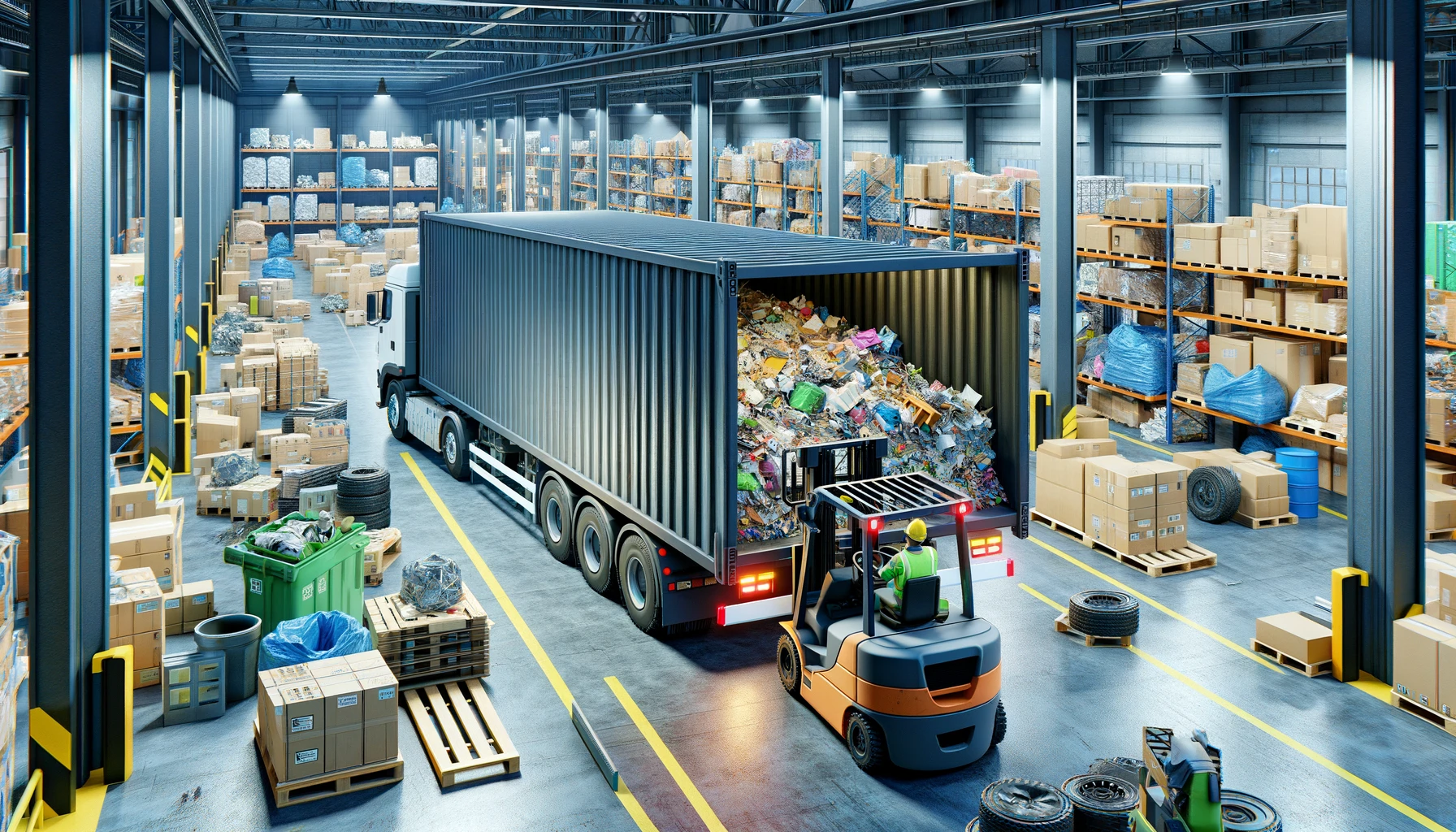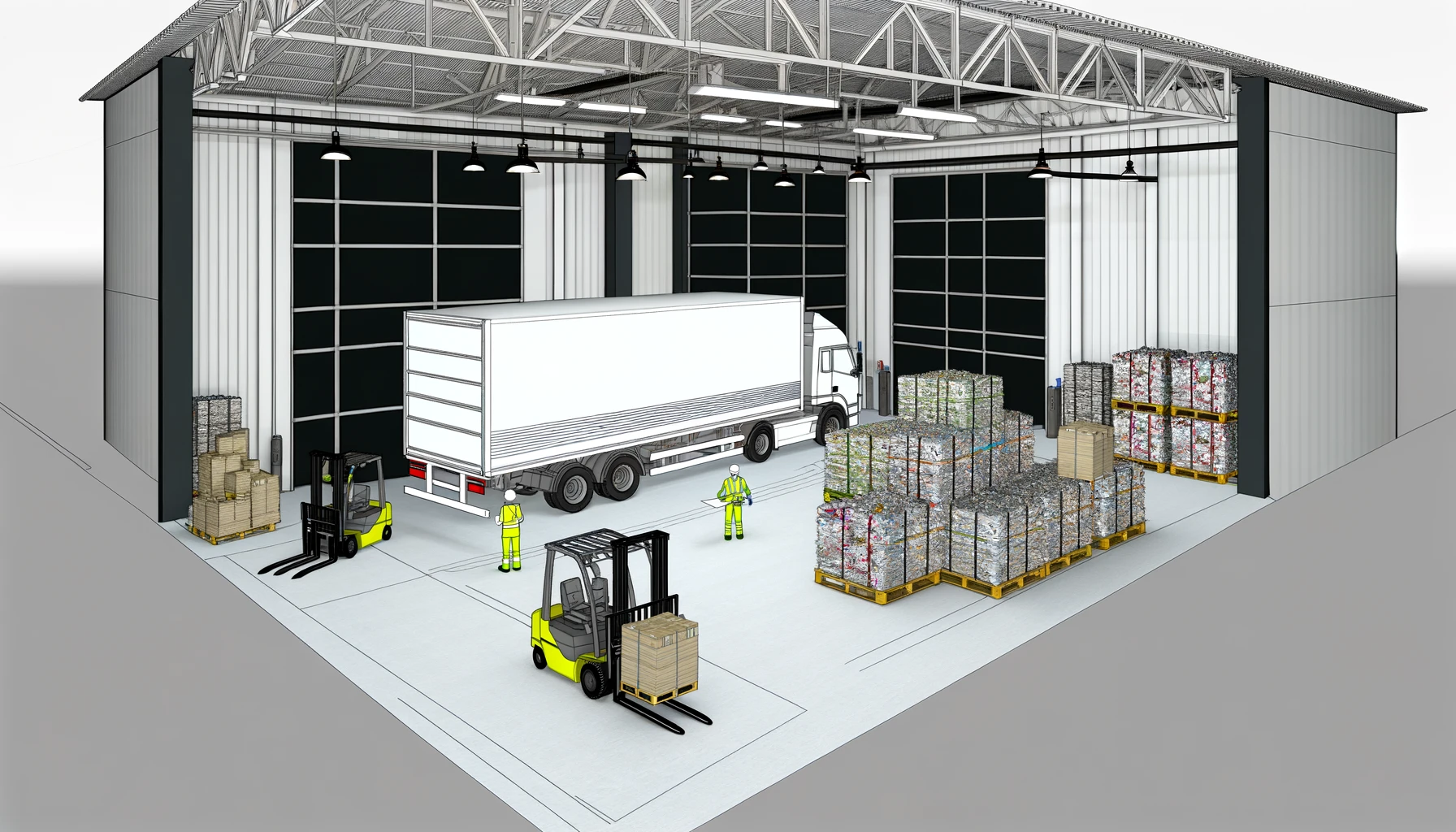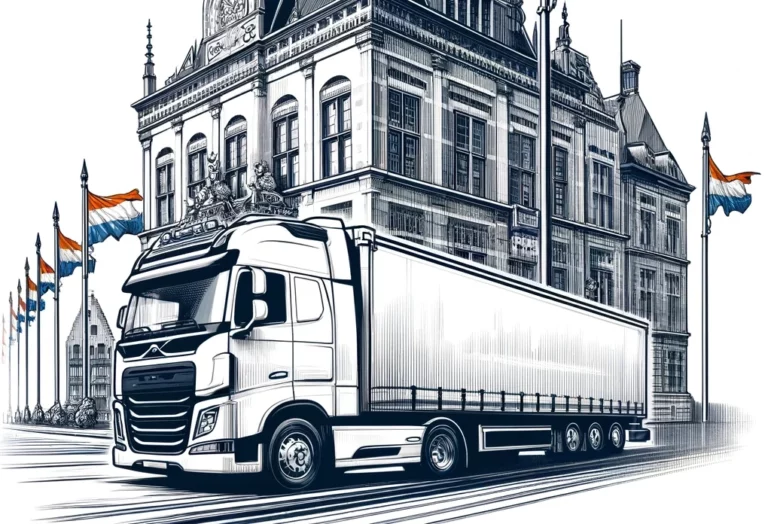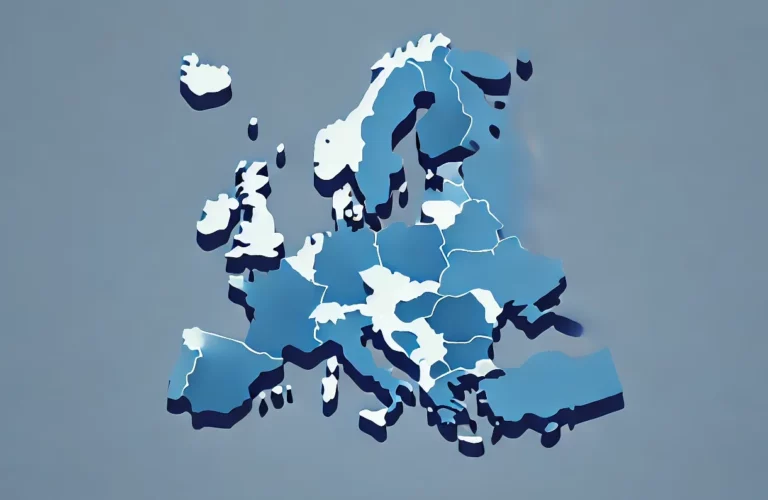Importance of waste transport permits in cross-border movement of waste
Transboundary waste shipments are indispensable for Europe’s waste management, streamlining the disposal and recycling of materials. This critical process not only underpins the waste industry but also promotes environmental and economic advancements. However, the journey for waste transport companies is fraught with challenges. They must navigate a complex regulatory landscape and overcome operational barriers, highlighting the essential role of waste transport permits. These permits are not mere formalities; they are crucial to a company’s success and legitimacy in the waste transport sector..
Need more information? Contact us:
office@wastetransportsolutions.eu
Understanding transboundary transport
Transboundary waste transport facilitates the cross-border movement of waste for disposal or recycling, a critical component of global waste management strategies. This process is tightly regulated by international treaties and regulations, including the Basel Convention and the European Union’s Waste Shipment Regulations (WSR).
The Basel Convention, established in 1989, was created in response to growing concerns about the disposal of hazardous waste in less developed countries, aiming to protect human health and the environment against the adverse effects of hazardous waste.
Similarly, the EU’s WSR, implemented in 2006, seeks to enhance environmental protection by controlling shipments of waste within, into, and out of the European Union. These frameworks not only dictate the environmentally sound management of waste but also outline the stringent criteria and procedures for obtaining waste transport permits. These measures ensure that only companies meeting high compliance and qualification standards can undertake the crucial task of transboundary waste shipment, reflecting a global commitment to sustainable waste management and environmental stewardship.
The role of waste transport in the waste management
Within the European waste management ecosystem, waste transport acts as a crucial artery. It enables nabling the efficient flow of waste materials across the continent. It supports the European Union’s ambitious waste management and recycling targets, which are integral to its broader environmental and sustainability objectives. By ensuring that waste can be moved seamlessly from regions of surplus to areas with the capacity and technology to process it, waste transport contributes significantly to the EU’s circular economy goals.
By connecting regions with lower recycling capabilities to advanced treatment facilities, waste transport helps optimize the recycling process, reduce landfill use, and promote the recovery of valuable materials. This not only has positive implications for environmental sustainability but also bolsters economic growth and innovation in the waste management sector.

Navigating the complexities of waste transport permits
The process of obtaining permits in Europe is both complex and critical, reflecting the continent’s rigorous environmental standards and commitment to sustainable waste management. Companies must navigate through a dense regulatory framework, meticulously documenting their operational processes and demonstrating adherence to safety and environmental protocols. This procedure, though daunting and time-consuming, is vital for companies aiming to partake in the transboundary movement of waste, ensuring they operate within the legal and ethical confines of European and national laws.
In this intricate landscape, the assistance of skilled and experienced advisors, such as those from Waste Transport Solutions, becomes invaluable. We specialize in guiding companies through the permit acquisition process, offering expert advice and support. Our deep understanding of the regulatory environment, combined with almost a decade of practical experience in the waste transport sector, helps streamline the application process, ensuring all requirements are met with precision. Engaging with us not only simplifies the route to compliance but also equips companies with the insights needed to optimize their operations for sustainability and efficiency in the ever-evolving waste management arena.

Challenges facing waste transport companies
Waste transport companies operating within Europe face a myriad of challenges, from stringent regulatory requirements to the logistical complexities of cross-border shipments. The regulatory landscape is particularly challenging, as companies must stay abreast of and comply with a vast array of laws and regulations that can vary significantly across different European countries. These regulations are not static; they evolve in response to new environmental priorities and technological advancements, requiring companies to be adaptable and proactive in their compliance strategies.
Additionally, the logistical challenges of planning efficient cross-border waste transport routes, dealing with customs and border controls, and ensuring the safety and security of waste materials during transit add layers of complexity to their operations.
Moreover, environmental considerations and the push towards sustainability impose further demands on waste transport companies. They are under increasing pressure to reduce their carbon footprint, adopt eco-friendly practices, and contribute to the circular economy. This includes investing in cleaner transportation technologies, optimizing routes for efficiency, and ensuring that waste is processed in the most environmentally responsible manner possible. Balancing these environmental responsibilities with the need to remain competitive and cost-effective in a tightly regulated market is a significant challenge that requires innovative solutions and strategic planning.
The influence of permits on business success in waste management
Waste transport permits are more than regulatory hurdles; they are vital for the business success of companies in the European waste transport sector. These permits not only ensure legal compliance but also enhance a company’s reputation by demonstrating their commitment to environmental stewardship and safety. The acquisition of these permits opens up access to a broader market, allowing companies to operate across borders and capitalize on opportunities within the European waste management ecosystem.
However, the process of obtaining these permits can be a decisive factor in a company’s operational efficiency and competitiveness. Companies that navigate the permit process efficiently can gain a significant advantage, enabling quicker entry to market and the ability to respond more rapidly to changing waste management needs. Thus, waste transport permits hold a dual role, serving as both a gateway and a benchmark for success in the waste transport industry.







